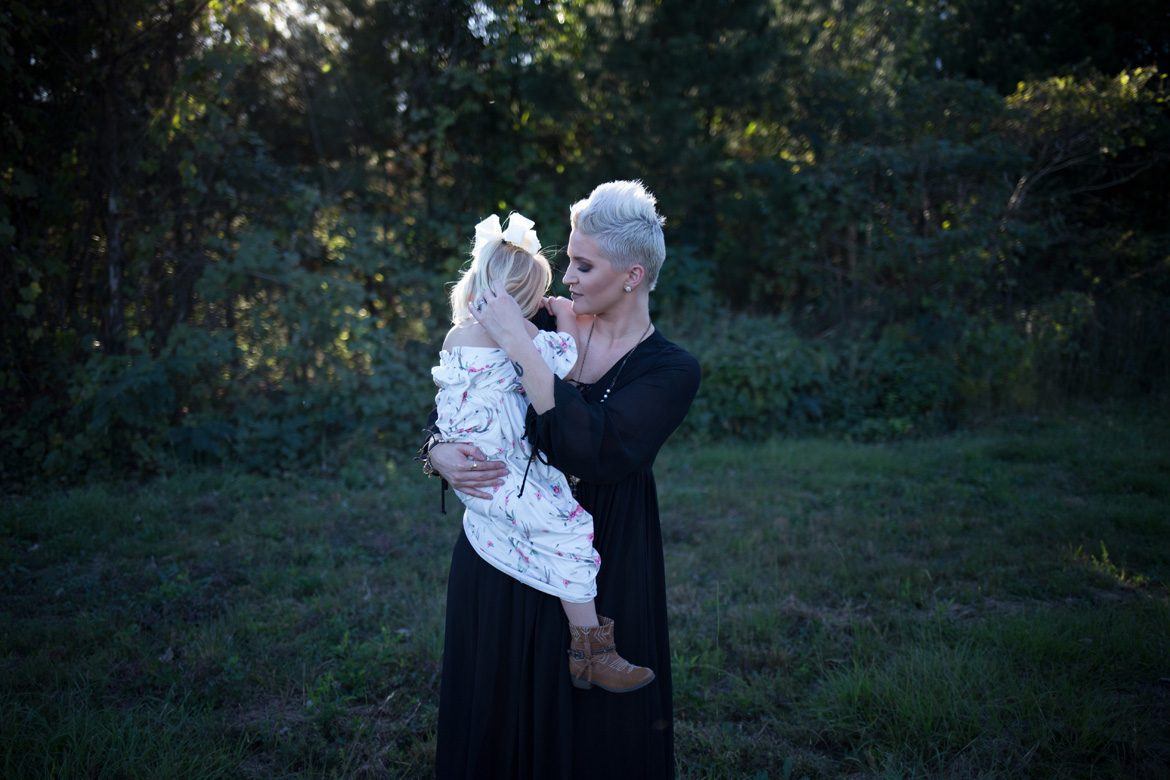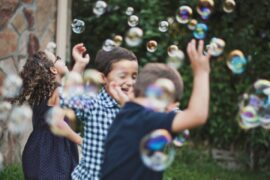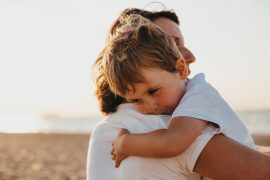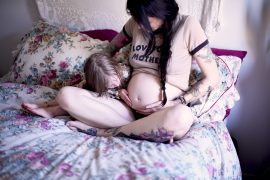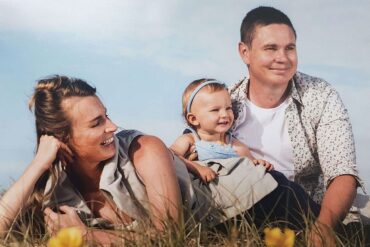By Dr Laura Markham
“Between stimulus and response, there is a space. In that space lies our freedom and power to choose our response. In our response lies our growth and freedom.” — Victor Frankl
Did she scream “I hate you!” and slam the door? Did he throw a toy at your head? Did she throw a fit in the restaurant? Did he hit his little sister? It’s hard to feel love for our kids when we feel attacked or publicly shamed or worried about keeping one of our children safe. So we lose it.
We know we love them, even in those tough moments. But if you ask the child, he or she certainly doesn’t feel loved. “Of course!” we might say. “We WANT her to know how mad we are!! She can feel our love later!”
But will your rage really teach your child the lesson you want to teach? When kids misbehave, the most effective intervention is setting a clear limit, and then helping the child through the big feelings that are causing him to act out. When we indulge our anger, we’re acting from blame and revenge — and we’re modeling inappropriate behavior for our child.
Later, we often justify or minimize our anger. But our rage has a profound effect on children. At the best, they assume they’re bad people who can never be good enough. At worst, you’d be amazed how many young children secretly fear we’ll send them to jail or trade them in on a new kid. And anger always erodes your relationship with your child and increases their anxiety. All of this makes children behave worse, not better.
I know, you never actually stop loving your child, even when she acts like a monster and you can’t stand being with her another minute. But unfortunately, the love you feel isn’t the most important factor in your child’s emotional development.
The most important factor is whether your child feels loved, unconditionally. That means she feels loved exactly as she is. Even when she’s acting like a monster!
Why? Because your child knows you love him when he’s being sweet, generous, and obedient. He’s not so sure you love him when he’s feeling angry, or jealous, or greedy. When he acts like a monster, he’s afraid he IS a monster.
Healing our ability to love unconditionally means that we commit to parenting from love, not anger, no matter what. Of course, that doesn’t mean that you won’t get angry at your child. And we all know we don’t feel very loving at those moments.
Loving unconditionally when you’re furious isn’t easy. In fact, it’s such heavy lifting of the heart that it builds real love muscle. But nothing changes your child’s behavior quite as quickly.
The key is to enlarge that space between your child’s stimulus and your reaction, so that you have the freedom to choose a response that heals. Then you’ll be able to show up as a real teacher for your child, and help her process her upset constructively.
Love looks for solutions, not blame. Here’s how.
1. When you’re angry, shift your attention away from your child and concentrate on calming yourself.
Instead of unloading your anger on this small person entrusted to your care and guidance, train yourself to take a deep breath and take a few minutes to calm yourself.
Forget about teaching your child lessons unless you’re in a state of love and can teach lovingly. A teachable moment is always when both people are receptive and positive.
See next page for the rest of the article…

